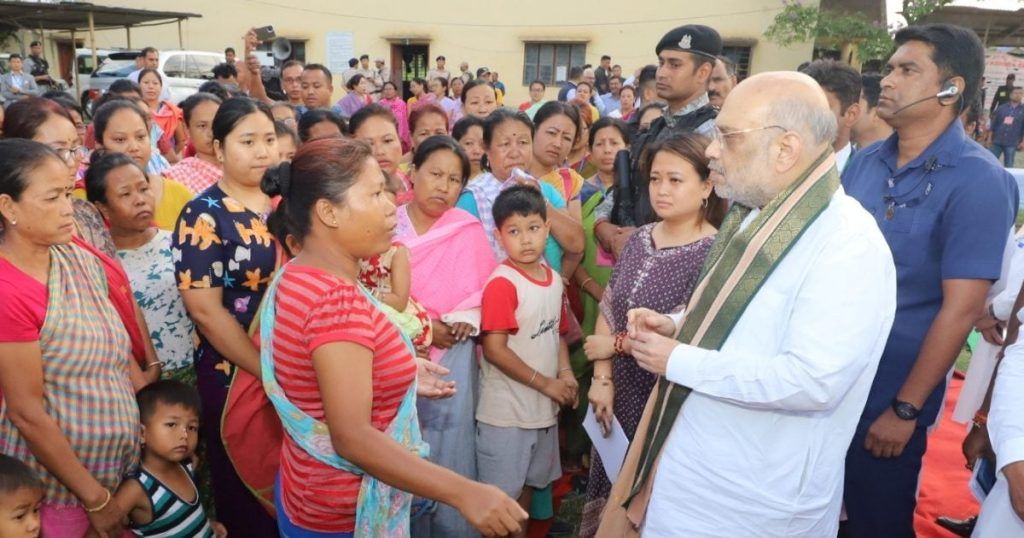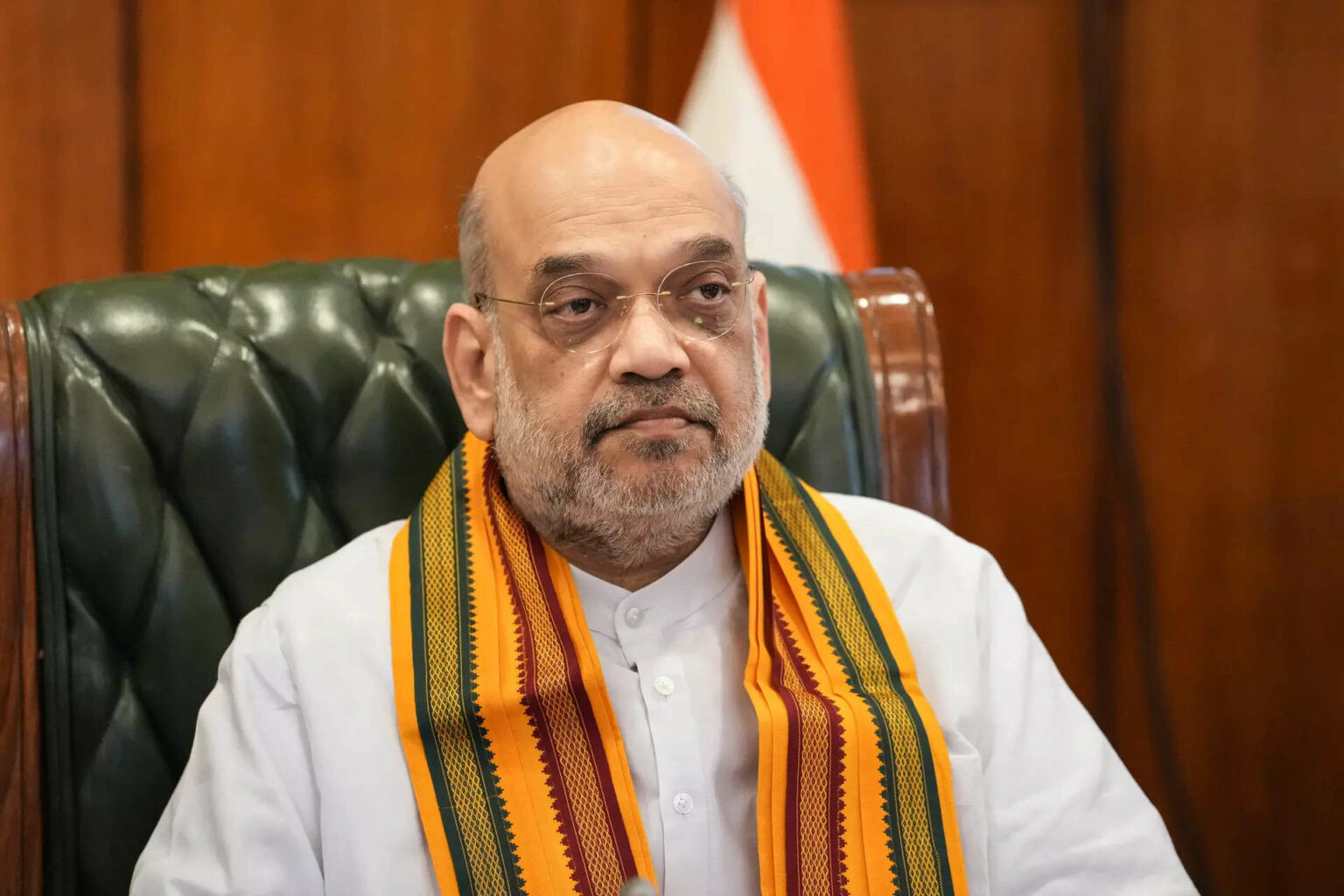Officials highlighted the noteworthy aspect of Shah’s engagement, emphasizing that he went beyond mere interactions with political leaders and officials. Instead, he actively engaged with a diverse range of civil society groups, and took the initiative to visit areas predominantly inhabited by the Kuki community.
Union Home Minister Amit Shah faced criticism for his delayed visit to Manipur, as it took place approximately a month after the outbreak of violence in the state. However, during his visit, Shah aimed to rebuild public trust in the government and address the prevailing concerns.
During his exceptional stay of four days in Manipur, which is notably longer than the typical duration for a Union Home Minister, Shah effectively assumed administrative responsibilities. Throughout his visit, he dedicated time to visiting refugee camps, announcing relief measures, engaging with civil society groups and officials, and delivering a press conference. In his address, he emphasized the government’s commitment to impartiality in its actions.
It was considered noteworthy that Shah went beyond engaging solely with political leaders and officials, and instead, he actively interacted with a diverse range of individuals from civil society. This included women’s groups, intellectuals, and social activists, signifying the breadth of his involvement.

The government led by N Biren Singh has faced allegations of displaying favoritism in its approach towards the recent outbreak of violence. Specifically, it has been accused of neglecting instances of Meitei aggression while inadvertently stoking feelings of resentment and skepticism among the Kuki community.
It has been stated by an official that the central government has also recognized the significance of providing reassurance to the Kuki community. This understanding prompted the visit of Mr. Shah to three distinct locations across the state, each prominently inhabited by the Kuki population, spanning various corners of the region.
In the districts of Churachandpur and Kangpokpi, which are predominantly inhabited by the Kuki community, the arrival of the Home Minister was marked by a warm reception from the people. They waved the Tricolor high and displayed banners and placards expressing their unwavering support for the government’s peace mission. The messages on the signs read, “We stand behind your efforts for peace,” “We appreciate the Central Government’s endeavors to restore harmony in Manipur,” and “Amit Shah, we believe in your ability to find a solution for us,” emphasizing their diminishing confidence in the Biren Singh administration. Amidst the landscape, posters advocating for a distinct Kuki administration and affirming the tribal right to protest emerged intermittently.
A Central government official expressed that it is highly uncommon for a Union Home Minister to dedicate over three days in a relatively small state such as Manipur, regardless of the prevailing crisis. However, the situation demanded his personal intervention due to the complete breakdown of dialogue between the conflicting Meitei and Kuki communities. The official hoped that the Home Minister’s visit would serve as a soothing remedy, as his influential status instills trust in people, making them believe in the assurances he provides.













